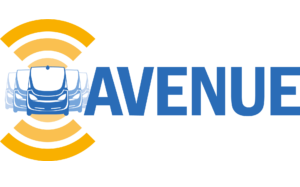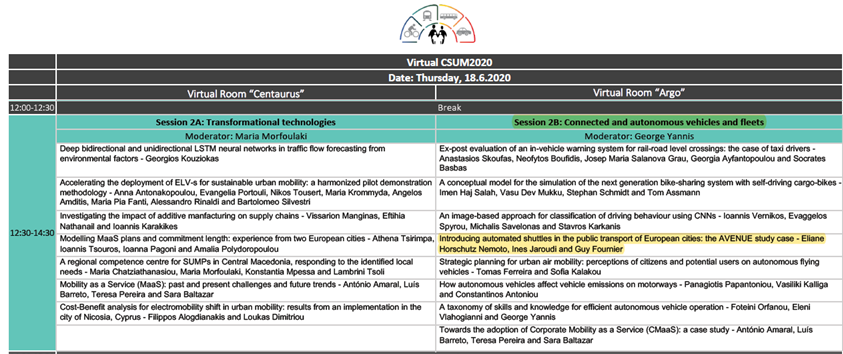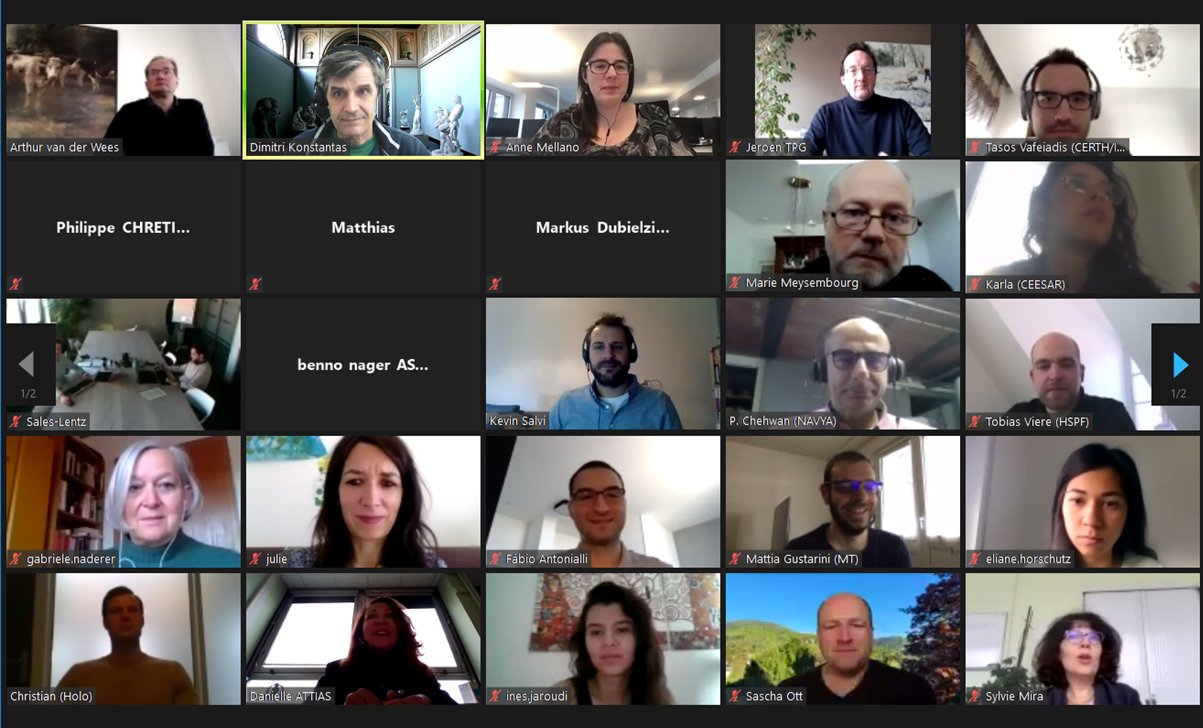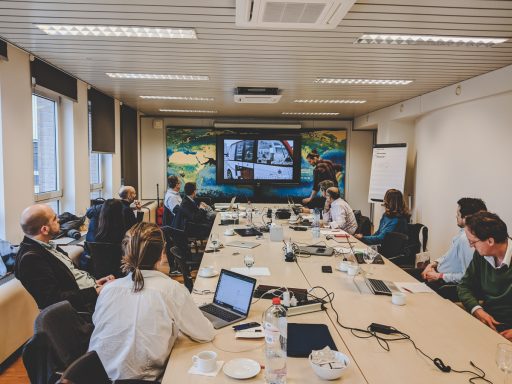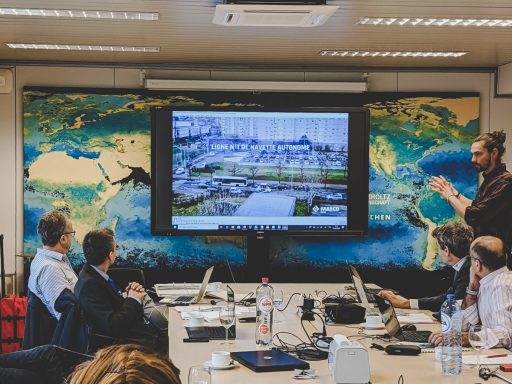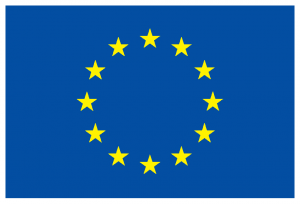New Scientific Article: Real-Time Abnormal Event Detection for Enhanced Security in Autonomous Shuttles Mobility Infrastructures
Abstract: Autonomous vehicles (AVs) are already operating on the streets of many countries around the globe. Contemporary concerns about AVs do not relate to the implementation of fundamental technologies, as they are already in use, but are rather increasingly centered on the way that such technologies will affect emerging transportation systems, our social environment, and the people living inside it. Many concerns also focus on whether such systems should be fully automated or still be partially controlled by humans. This work aims to address the new reality that is formed in autonomous shuttles mobility infrastructures as a result of the absence of the bus driver and the increased threat from terrorism in European cities. Typically, drivers are trained to handle incidents of passengers’ abnormal behavior, incidents of petty crimes, and other abnormal events, according to standard procedures adopted by the transport operator. Surveillance using camera sensors as well as smart software in the bus will maximize the feeling and the actual level of security. In this paper, an online, end-to-end solution is introduced based on deep learning techniques for the timely, accurate, robust, and automatic detection of various petty crime types. The proposed system can identify abnormal passenger behavior such as vandalism and accidents but can also enhance passenger security via petty crimes detection such as aggression, bag-snatching, and vandalism. The solution achieves excellent results across different use cases and environmental conditions.
Real-Time Abnormal Event Detection for Enhanced Security in Autonomous Shuttles Mobility Infrastructures
Dimitris Tsiktsiris, Nikolaos Dimitriou, Antonios Lalas, Minas Dasygenis, Konstantinos Votis, Dimitrios Tzovaras
Journal: Sensors
Date: 1 September 2020, DOI: 10.3390/s20174943
Download: Publisher’s version (Gold Open Access)
